functionalist, strain and subcultural theories
1/37
Earn XP
Description and Tags
Name | Mastery | Learn | Test | Matching | Spaced |
|---|
No study sessions yet.
38 Terms
crime
An act against the law
deviance
Behavior that violates the standards of conduct or expectations of a group or society
4 characteristics of crime - durkheim
functional, universal, relative, inevitable
why do modern societies tend towards crime?
the rules governing behaviour become weaker and less clear cut
bcs they have a complex division of labour which weakens the shared culture which results in more deviance
why is crime inevitable?
(Durkheim) individuals are exposed to different circumstances which will influence their norms and values. Dif subcultures in society have their own norms and values. So it cannot be expected that everyone accepts societies norms, values and expectations.

what is boundary maintenance
when someone is punished for a crime, it reinforces norms and values, reminding people of the boundaries of acceptable behaviour
--> rituals of the courtroom

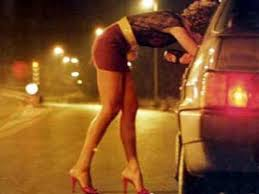
what does Davis say about prostitution?
Prostitution acts as a safety valve for the release of men's sexual frustrations without threatening the monogamous nuclear family
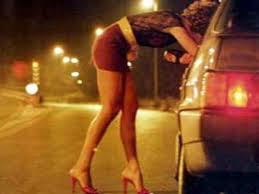
cohen
a warning an institution isnt working properly
what elements does merton combine
structural and cultural factors
deviance is the result of which two things?
- the goals a culture encourages individuals to achieve
- what the societal structures allow the ind. to achieve
what are the adaptations to strain
ritualism. retreatism, conformity, rebellion, innovation
conformity
- majority
- trying to achieve the AD legitimately by working up the career ladder
rebellion
wish to replace the AD and legitimate ways of achieving it - political radicals and counter cultures
strength of strain theory
explains patterns shown in of stats
most crime = property
lc crime rates are higher bcs they've least opportunity to obtain wealth legitimately
status frustration
- a form of culture conflict experienced by lower-class youths because social conditions prevent them from achieving success as defined by the larger society
- they resolve this frustration by rejecting mc values and form/join delinquent subcultures
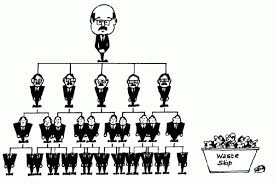
alternative status hierarchy
For Cohen, the subculture offers an illegitimate opportunity structure for boys who have failed to achieve legitimately. This subculture values spite, malice, hostility and contempt.
- e.g. society upholds regular school attendance whereas the boys gain status from peers through truanting
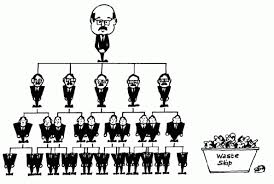
strength and weakness of cohen
explains non utilitarian deviance
assumes wc boys start off sharing mc goals and reject this only when they fail. he ignores the possibility of not sharing these goals in the first place and never considered themselves failures
cloward and ohlin
Deviance depends on the illegitimate opportunity structure that frames a person's life
- some have a better opp to be krooks than others
3 subc. identified by C and O
criminal, conflict and retreatist
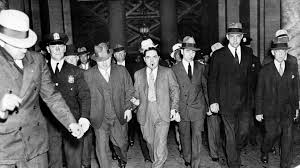
criminal subculture
emerges in areas with high organised crime and provides criminal apprenticeships to young people
- they get associated with older role models who select the ones with the best potntial and help them climb up criminal ladder
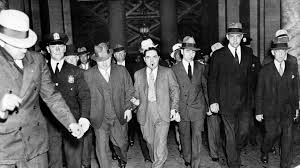
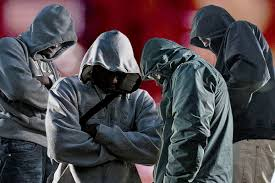
conflict subcultures
- no establishes criminal subc
- antisocial, violent and aggressive behaviour over making money
- can provide alternative source of status
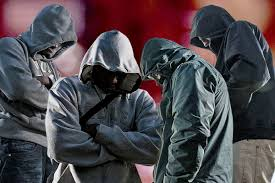
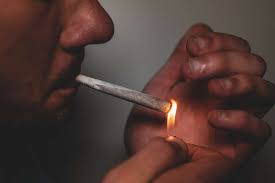
retreatist subculture
criminal subculture made up of double failures (drug addicts)
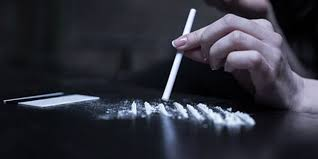
strengths and weaknesses of C and O
- explains dif types of wc deviance
- ignore crimes of the wealthy
- overpredict amount of wc crime and ignore the wider structure, including those who make and enforce the law
- matza- most delinquents just drift in and out of delinquency
- reactive theories
miller (1962) - eval on cohen
wc boys get into trouble bcs they have dif norms and values to the rest of the population
- excitement, toughness, smartness, fatalism, autonomy etc
recent strain theories - institutional anomie theory
- Messner and Rosenfeld showed that America's obsession with money and a winner takes it all mentality exerts pressure towards crime by encouraging an anomic cultural environment where people will adopt an everything goes mentality to pursue wealth
- supported by Salvesburg who showed post communist societies in E. Europe saw a rapid increase in crime after the fall of communism. He attributes this to the communist collective values being replaced by new western capitalist goals of individual money success
functional
a certain amount of crime is beneficial for society
universal
c. exists in every society
relative
what is seen as criminal behaviour varies between societies and over time
inevitable
crime will always exist
adaptation and change
Acts of deviance can help improve society, e.g. gay rights eventually lead to gay marriage legislation
- too much tears the bonds of society apart
- too little means society is too controlling
criticism of the functionalist view of crime
- society needs certain amount of crime but D doesn't say how much
- just bcs crime strengthens solidarity but this doesn't mean that was its purpose
- ignores how crime may affect dif groups
- doesn't always promote solidarity- may lead to more isolation
the american dream
-the ideal that every US citizen should have an equal opportunity to achieve success and prosperity through hard work, determination, and initiative.
- this ideology tells p. that their society is a meritocratic one w/ opps for all
why does crime exist according to merton
not all ind. can can achieve the american dream lawfully and a strain exists between the goals and ambitions of people and their ability to achieve them
innovation
-crime
- trying to achieve AD through illegitimate means
- crime w financial profit
ritualism
- deviant
- give up on the dream but not the means of achieving
RETREATISM
give up on dream and reject means of achieving it like drug addicts
criticisms of merton's strain theory
- doesn't explain non utilitarian crime or state crimes like genocide
- doesn't explain why everyone who doesn't achieve the dream doesn't turn to crime
- assumes value consensus - everyone wants the AD
- lots of crime is committed in groups but he doesn't explain this
- marxists - ignores the power of the ruling class to make and enforce rules in ways that criminalise the poor
How does Cohen criticise Merton?
- m sees deviance as individual response to strain
- m focuses on utilitarian crime committed for material gain and ignores crimes w no monetary gain